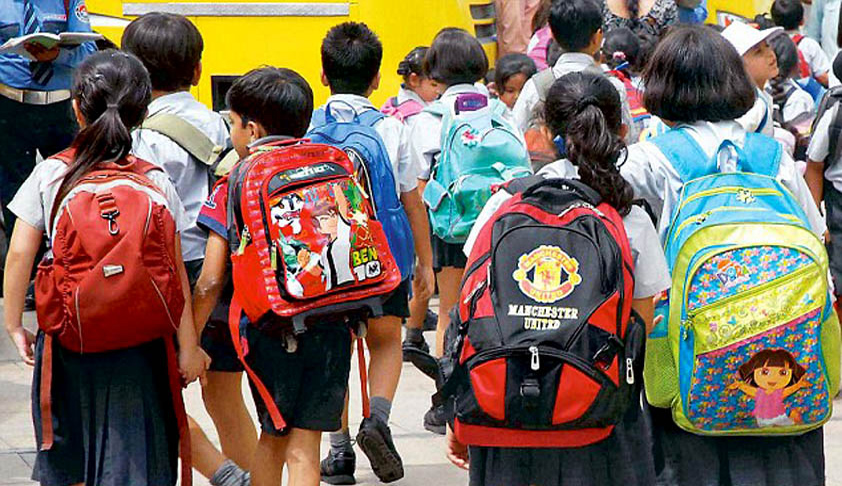- Home
- /
- News Updates
- /
- Govt Elaborates On Steps Taken To...
Govt Elaborates On Steps Taken To Reduce Weight of School Bags
aasavri Rai
25 July 2017 9:26 AM IST
In a written reply to a question in the Lok Sabha, the Minister of State (HRD) has stated the following regarding the efforts undertaken by the government to reduce the weight of school bags.The government has received a number of suggestions to reduce the weight of school bags, including dividing books into two volumes. Several initiatives have already been taken in this regard and the...
Next Story



